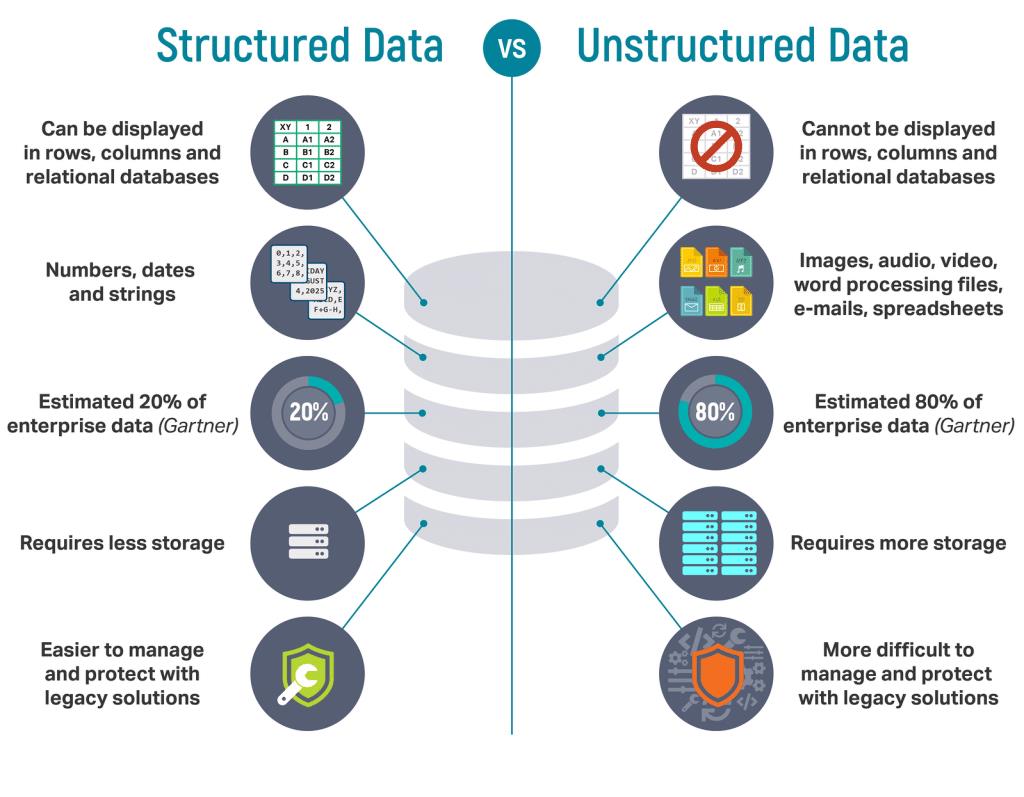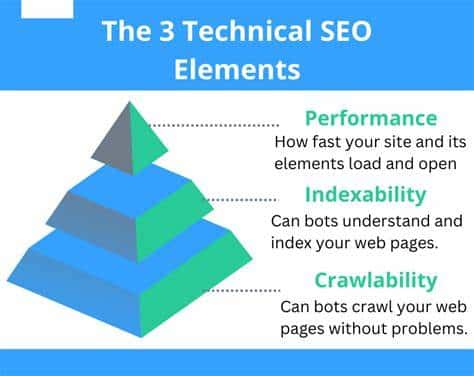Search engines have become incredibly advanced at crawling and indexing websites—but that doesn’t mean they can understand every piece of content without help. Structured data and technical SEO recommendations play a pivotal role in helping search engines interpret, categorize, and rank your site more accurately. When implemented properly, they can unlock new visibility opportunities and future-proof your digital presence.
Before diving into the specifics, here are five quick takeaways:
Quick Takeaways
- Structured data helps search engines understand your content’s context, not just its text.
- Technical SEO recommendations improve crawlability, indexation, and page performance.
- Rich results like FAQs, reviews, and product data stem from proper structured data implementation.
- Poor technical hygiene can tank rankings, regardless of how great your content is.
- Search algorithms increasingly rely on structured data to deliver smarter, more relevant results.
What Is Structured Data?
Structured data is a standardized format for providing information about a page and classifying its content. It uses a vocabulary called Schema.org that search engines like Google, Bing, and Yahoo understand. Rather than simply reading a web page and trying to guess what’s on it, search engines can directly interpret the structured data to see what a page is about—whether it’s a product, article, recipe, event, or review.
For example, adding structured data to a recipe page can help Google display prep time, ingredients, and ratings directly in the search results. This not only enhances visibility but also improves click-through rates.
Why Structured Data Matters for SEO
Structured data isn’t a direct ranking factor—but it impacts elements that are. Enhanced listings (also known as “rich snippets”) stand out in SERPs, which leads to higher engagement. Search engines prioritize results that help users make decisions faster, and structured data feeds those exact formats.
Some of the most common structured data types include:
- Product: Includes name, price, availability, and reviews
- FAQ: Displays question-and-answer format beneath your search listing
- Organization: Highlights details about your company, including logo and contact info
- Breadcrumbs: Clarifies site structure to users and bots alike
- Events: Lists upcoming event times, locations, and ticketing
By organizing content for better interpretation, structured data gives your SEO efforts a deeper layer of clarity and trustworthiness.

Image source
Technical SEO Recommendations: The Foundation of Performance
While structured data is about enhancing clarity, technical SEO is about enabling access. It refers to the optimization of website infrastructure so that search engines can effectively crawl, render, and index content. Even the most relevant or keyword-rich content can underperform without solid technical foundations.
Common technical SEO recommendations include:
- Fixing crawl errors (404 pages, redirects, broken links)
- Optimizing site speed through compression, caching, and minimal code
- Implementing mobile-first design and responsive layouts
- Ensuring HTTPS security
- Creating and submitting XML sitemaps
- Using robots.txt to guide crawler behavior
- Improving Core Web Vitals for load time, interactivity, and visual stability
Following these recommendations can improve both user experience and search engine understanding of your site.

Image source
How Structured Data and Technical SEO Work Together
Structured data and technical SEO may seem like separate disciplines, but they complement each other. You need clean, efficient, and crawlable code for your structured data to be read correctly. If your site has JavaScript rendering issues or broken markup, structured data may go unnoticed—or worse, cause errors in Google Search Console.
Here’s how they work in tandem:
- A fast-loading page with clear schema markup gives users a better experience and helps Google reward your content with a rich snippet.
- Well-structured content with appropriate schema can appear in voice search results, knowledge panels, and even Google’s generative AI tools.
- Pages that meet technical SEO benchmarks are more likely to be indexed quickly—especially if structured data helps clarify their purpose.
The synergy between clean architecture and semantic clarity leads to sustainable SEO gains.
Common Mistakes to Avoid
Even well-intentioned SEO teams can make errors that limit the effectiveness of structured data or technical optimizations. Watch out for:
- Duplicate schema tags: Using the same schema multiple times on a page can confuse bots.
- Misused markup: Applying schema types that don’t match the actual content can result in manual penalties.
- Neglected mobile performance: Mobile-first indexing means mobile issues can outweigh desktop perfection.
- Overreliance on JavaScript: If content and structured data are JavaScript-dependent, search engines may not see them at all.
- Outdated sitemaps or crawl errors: Broken URLs and stale sitemap links make it harder for Google to trust your site.
Performing regular audits with tools like Screaming Frog, Google Search Console, and PageSpeed Insights is essential to avoid these pitfalls.
Future Trends in Technical SEO and Structured Data
As search engines become more intelligent, the role of structured data and technical SEO will only expand. Expect the following trends to shape the future:
- AI-generated content validation: Search engines may use schema to validate whether AI-generated content aligns with user intent.
- Increased use of schema in visual and voice search: Voice assistants rely on structured data to deliver accurate responses.
- Deeper integration with AI search results (SGE): Google’s Search Generative Experience pulls heavily from structured data to craft dynamic search summaries.
- Continued emphasis on Core Web Vitals: Performance metrics will be further embedded into ranking systems, especially on mobile.
Keeping up with changes in structured data guidelines and technical standards will become a long-term competitive edge.
Video source
Don’t Skip the Technical Stuff!
Content may be king, but structure and performance are the crown and scepter. Without technical SEO and structured data, even the best content is like a lighthouse without power—impressive but invisible.
Your SEO strategy needs more than keywords and backlinks. It needs a technically sound website paired with clear, consistent signals to search engines. Whether you’re chasing better rankings, voice-search visibility, or AI-driven results, the future of search belongs to those who can be understood—quickly and clearly.
By prioritizing structured data and technical SEO recommendations, you’re not just checking boxes. You’re building a smarter, stronger foundation for long-term digital success.
If you need help with technical SEO, Marketing Insider Group offers specialized services to create content, manage campaigns, and engage with your audience. Contact us today to learn more or book your free consultation with our team!
Read More
By: Lauren Basiura
Title: The Importance of Structured Data and Technical Recommendations in SEO
Sourced From: marketinginsidergroup.com/search-marketing/the-importance-of-structured-data-and-technical-recommendations-in-seo/
Published Date: Mon, 30 Jun 2025 10:00:41 +0000
Did you miss our previous article...
https://trendinginbusiness.business/business/lotus-denies-plans-to-close-hethel-factory-amid-us-expansion-talks
.png)





